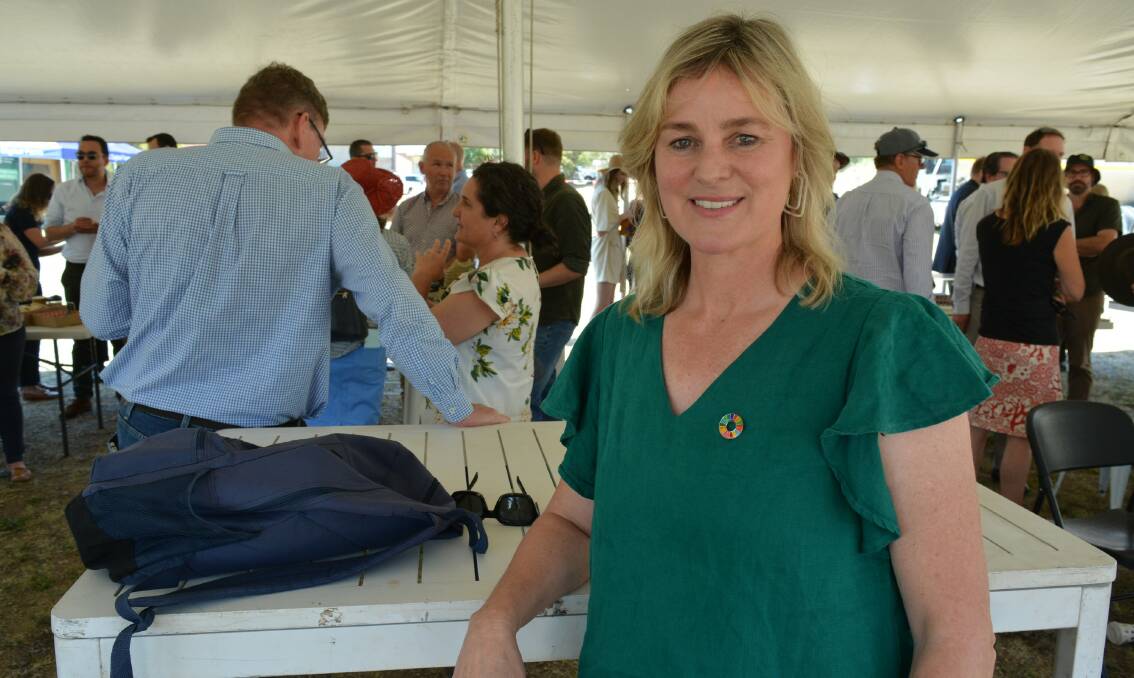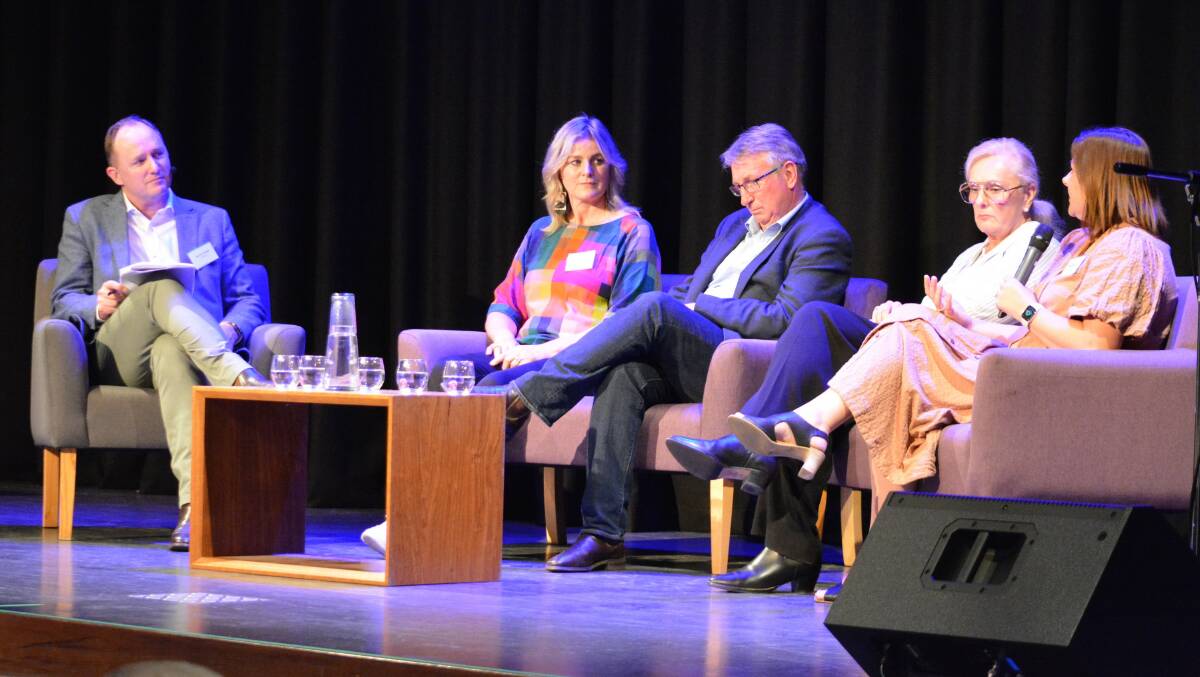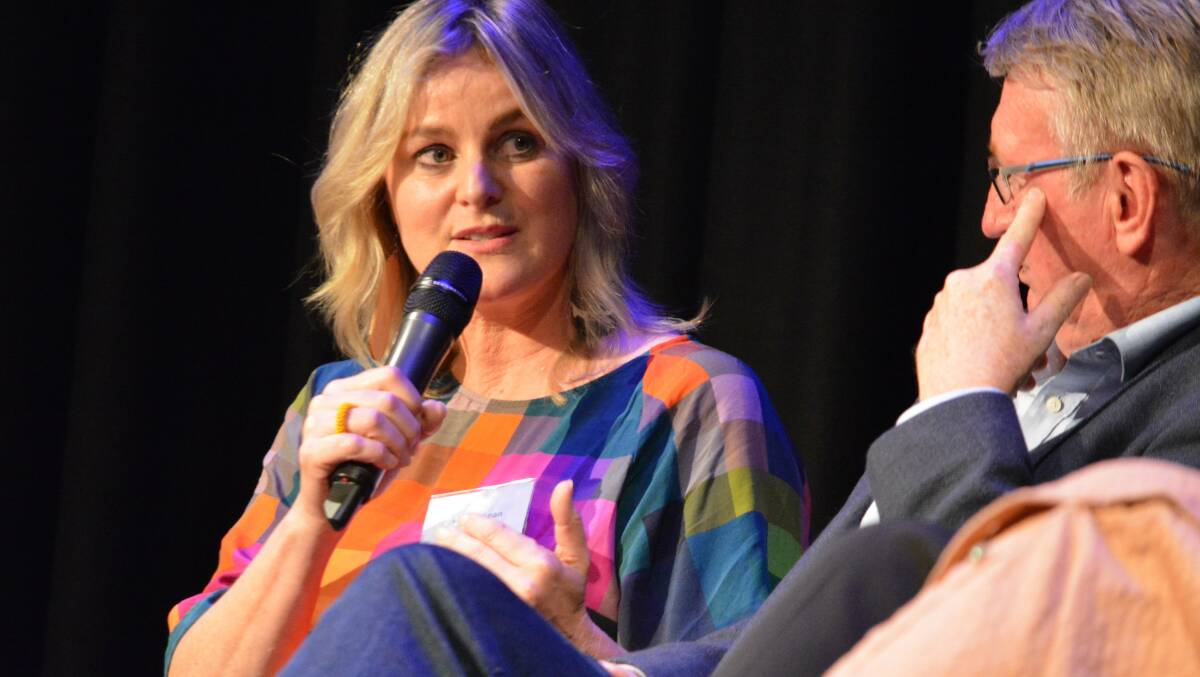If you're feeling overwhelmed by waste and the damage being wrought on the environment by our consumer society, you're not alone.
Subscribe now for unlimited access to all our agricultural news
across the nation
or signup to continue reading
Hundreds of stakeholders, from government and multinational corporations right through to small business and community service providers, descended on Bega on Thursday and Friday, November 9-10, to learn more about the concept of "circularity".
A circular economy is one that prioritises the elimination of waste and pollution, values nature and works to regenerate the environment.

It does this by considering 'waste' as a resource that remains in the productivity cycle, circulating products and materials at their highest value for as long as possible.
CEO of Circular Australia Lisa McLean was among the guest panellists at a 200-seat dinner at the Bega Civic Centre on Thursday night and also in the crowd at North Bega on Friday to hear Bega Cheese's big plans to make this "the most circular valley in the world".
"We need to be able to buy things, hire things, get things in our lives to meet our needs - but we can't be doing that with the waste streams that come out of it. It's very stressful," Ms McLean said.
"We are also finding people are feeling overwhelmed with the number of things they can consume.
"They need help to show they can make choices that see their needs met, but without bringing all that waste into their homes."

Ms McLean had several ideas of how a future circular Bega Valley could look with plenty of opportunities for community engagement.
Interestingly, some are already in operation, like a tool library where people can borrow or hire what they need and then return it for others.
Similarly, Ms McLean said having transport or fashion as a service rather than an outright purchase could not only see motor vehicles and clothing repurposed for a lot longer than a one-off consumption, but also result in new businesses emerging.
"What about fashion as a service where instead of buying all these things all the time so they look great, can they buy a subscription model that costs less, but at the end of the day the garments go back to the providers [to deal with]," she said.
"Or cleaning products as a service without all the packaging.
"These businesses are coming, new business models are emerging all the time - in fact the Bega community might want to be starting those businesses.
"They are often more cost effective, and great at reducing waste not just in your home but for the planet."
Ms McLean said consumers can already be contributing to the end goal of a circular Bega Valley with their "purchasing power".
"People have to choose and buy all these different products," she said.
"They can select a product and say I know this packaging can be recycled, or uses les resources to make.

"Companies need to be designing things to last. Not six-month warranties, but warranties for 15 years. They need to be able to be repaired, and then broken down at end of life.
"We need to value these components - make sure they can be repaired, make sure they are valued and have their life extended, reducing their imprint on the planet.
"It's a concept previous generations understood and leveraged a lot better. They had a lot more respect for the resources that go in to the things we use."
As to if - and how - the Bega Valley can play a part in this economic transition?
"Bega citizens and the community here should absolutely go for it," Ms McLean said.
"They should all be thinking how can we make this place as self-sufficient as possible. And everyone's got a role to play in that.
"The sky's the limit here."


